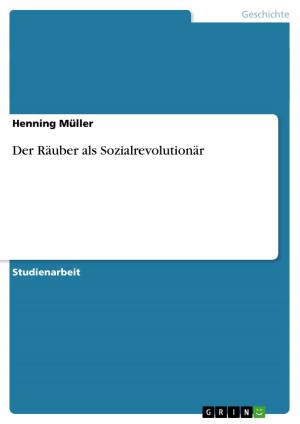A Medieval Manor House Rediscovered
Excavations at Longforth Farm, Wellington, Somerset by Simon Flaherty, Phil Andrews and Matt Leivers
Nonfiction, Social & Cultural Studies, Social Science, Archaeology, History, Medieval, European General| Author: | Simon Flaherty, Phil Andrews, Matt Leivers | ISBN: | 9781874350866 |
| Publisher: | Wessex Archaeology | Publication: | December 31, 2016 |
| Imprint: | Wessex Archaeology | Language: | English |
| Author: | Simon Flaherty, Phil Andrews, Matt Leivers |
| ISBN: | 9781874350866 |
| Publisher: | Wessex Archaeology |
| Publication: | December 31, 2016 |
| Imprint: | Wessex Archaeology |
| Language: | English |
Excavations in advance of housing development at Longforth Farm, Wellington revealed limited evidence for late prehistoric settlement, but the principal discovery was the remains of a previously unknown high status medieval building complex. This is thought to have been a manor house and though heavily robbed, key elements identified include a hall, solar with garderobe and service wing. A forecourt lay to the north and a service yard with at least one ancillary building and a possible detached kitchen to the south. To the east was a complex of pits, enclosure and field ditches and a pond. ere was a restricted range and number of medieval finds, but together these suggest that occupation spanned the late 11th or 12th century to probably the 14th century. There was a notable group of medieval floor tiles and roof furniture, but documentary research has failed to identify the owners and any records relating specifically to this important building. One possibility is that it belonged to the Provost of Wells cathedral, and was perhaps abandoned in the 14th century when the Bishops may have established their court within the nearby and then relatively new market town of Wellington.
Excavations in advance of housing development at Longforth Farm, Wellington revealed limited evidence for late prehistoric settlement, but the principal discovery was the remains of a previously unknown high status medieval building complex. This is thought to have been a manor house and though heavily robbed, key elements identified include a hall, solar with garderobe and service wing. A forecourt lay to the north and a service yard with at least one ancillary building and a possible detached kitchen to the south. To the east was a complex of pits, enclosure and field ditches and a pond. ere was a restricted range and number of medieval finds, but together these suggest that occupation spanned the late 11th or 12th century to probably the 14th century. There was a notable group of medieval floor tiles and roof furniture, but documentary research has failed to identify the owners and any records relating specifically to this important building. One possibility is that it belonged to the Provost of Wells cathedral, and was perhaps abandoned in the 14th century when the Bishops may have established their court within the nearby and then relatively new market town of Wellington.















